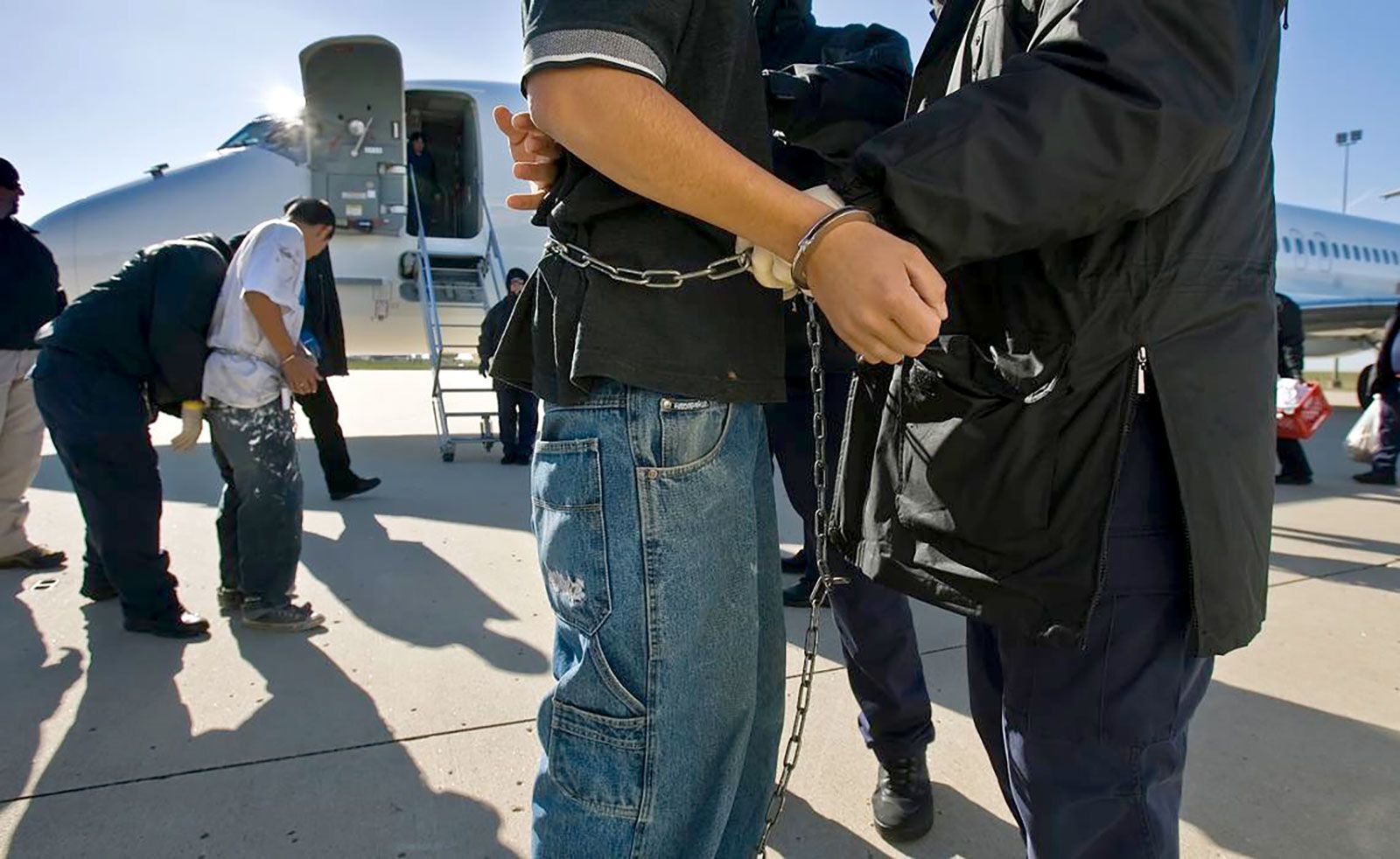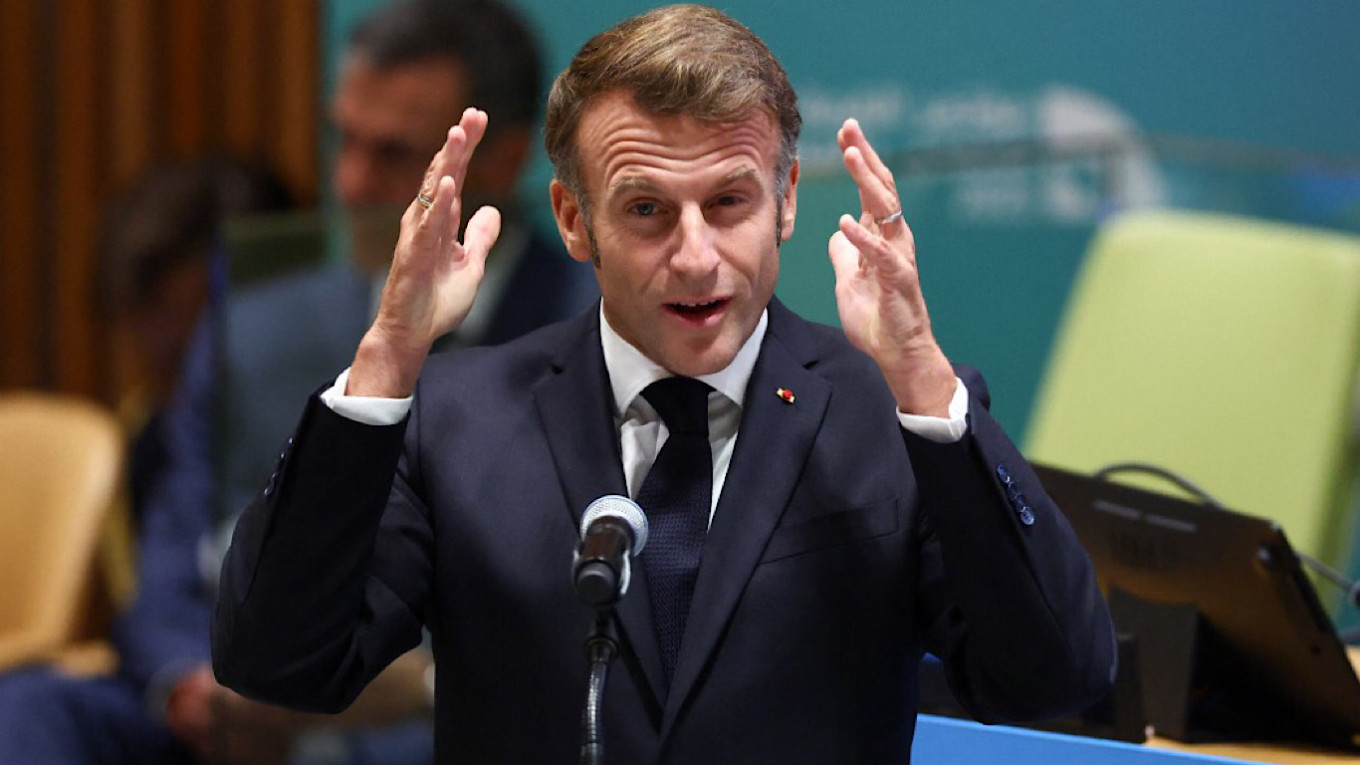The small African nation of Eswatini has been thrust into the global spotlight following the arrival of five foreign deportees from the United States, sparking public outrage and political controversy. These deportees, described by a U.S. Homeland Security spokesperson as “depraved monsters,” are being held in solitary confinement within Eswatini’s prisons.
The Eswatini government insists that these individuals pose no threat to its citizens but admits there is significant public concern over their presence.
The deportation is part of a broader and less-publicized initiative by the Trump administration to strike deals with African nations for the intake of migrants, some of whom are not nationals of those countries. These deals have faced resistance from countries like Nigeria, which claim they are being pressured by the U.S. to accept unwanted foreign criminals.
The Trump administration has framed these deportations as part of its broader crackdown on illegal immigration and efforts to remove criminal elements from American soil.
Trump’s Third-Country Deportations Raise Legal, Ethical Concerns Involving Non-National Criminal Migrants
Recent U.S. Supreme Court rulings have enabled the Trump administration to deport migrants to third countries without warning, leading to incidents such as the transfer of eight deportees to war-torn South Sudan.
These actions raise ethical and legal questions, especially since the deported individuals often have no ties to the receiving countries. Eswatini’s case appears to be one example of these behind-the-scenes maneuvers, though officials have remained tight-lipped about the full terms of the U.S. agreement.

The five men deported to Eswatini are reportedly from Jamaica, Laos, Cuba, Yemen, and Vietnam. According to the U.S. Department of Homeland Security, they were convicted of serious crimes, including child rape, murder, and robbery.
Their home countries refused to take them back, prompting the U.S. to send them to Eswatini. The Eswatini government says it is working with the U.S. and the International Organization for Migration (IOM) to eventually repatriate them, though no clear timeline has been provided.
Critics Warn Deportation Deal Risks Eswatini’s Stability, Sovereignty, And Regional Security Balance
The deportation decision has met with fierce criticism from Eswatini’s political opposition and civil society. Groups such as PUDEMO and the Swaziland Solidarity Network argue that hosting foreign criminals endangers an already struggling society plagued by poverty, unemployment, and overburdened prisons. Critics have also condemned the U.S. for treating Africa as a “dumping ground,” with some labeling the move as rooted in racism and neo-colonialism.
The situation has alarmed neighboring South Africa, which fears that the deportees could eventually cross into its territory due to porous borders. South African officials see the move as a possible attempt by the Trump administration to destabilize the region. Diplomatic sources also noted that South Africa had refused a similar U.S. request to accept deportees, raising concerns that Eswatini was being exploited due to its economic vulnerability.
Eswatini’s cooperation with the U.S. comes at a time when the country faces economic threats, including looming U.S. tariffs on its exports. Observers suggest the deportation deal may be linked to these trade tensions, with Eswatini possibly making concessions to avoid economic fallout. Experts warn African nations against making opaque deals with the Trump administration, emphasizing that such agreements are often transactional and unreliable in the long run.












Leave a Reply